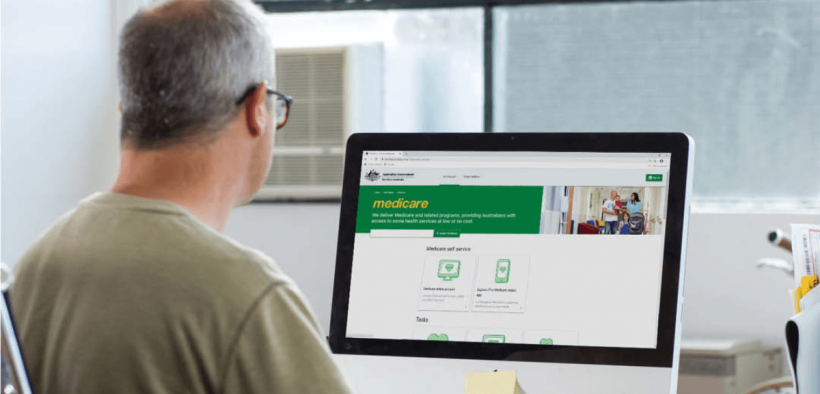Robodebt scheme not reviewed due to ‘stretched resources’
Share

Former chief counsel at the Department of Human Services Annette Musolino has admitted to the royal commission that a further review of the robodebt scheme wasn’t acted on because the department was struggling with its workload at the time.
The Centrelink debt recovery scheme, which used annual tax office data to calculate fortnightly earnings and automatically issue welfare debt notices, recovered more than $750 million from over 380,000 people and led several people to take their own lives while being pursued false debts.
Although officials within the department discussed whether external advice was needed on whether the income averaging was legal, they decided against it due to other reviews being conducted.
“It would have been another review underway at the same time as we were, frankly, struggling to manage the ombudsman review, parliamentary inquiries or the media attention and everything else that went with it,” Ms Musolino told the commission.
Check out: Aust PM wants insight from public servants on government reforms
Robodebt, which was carried out between 2015 and 2019, continued to run despite significant concerns being aired about the scheme in 2017.
The royal commission heard departmental advice received in 2014 that indicated income averaging was not supported by the legislative framework.
Earlier on Monday, Ms Musolino said once an ombudsman report came out about the robodebt scheme in 2017, it gave the department assurances that issues reported about the program were all fine.
The former chief counsel also told the commission she saw no issues with robodebt following advice she received in 2017 from the Department of Social Services.
“It was pretty short advice, but I had no reason to second guess what was in it – it was coming from the policy agency who owns the legislation,” she said.
“We’re a service delivery agency. When we’re given a program to deliver or implement, we don’t generally look behind how that decision was made or designed or the legalities.”
Check out: Federal government amends workplace reform bill
The department would later get advice from the solicitor-general in 2019 saying robodebt was unlawful.
While income averaging was initially meant to be used as a last resort to calculate debt, Ms Musolino said the averaging became a default position.
“It was not a step in the process that you go and get the pay slips from the employers. That step had been removed,” she said.
The latest block of hearings will examine what department officials knew about the potential illegality of the scheme, and how officials communicated information with the government and other staff.
Former human services minister Alan Tudge and former social services minister Christian Porter will give evidence later this week.
With AAP
Eliza is a content producer and editor at Public Spectrum. She is an experienced writer on topics related to the government and to the public, as well as stories that uplift and improve the community.










Today’s Pick
11th Annual Aus Goverment Data Summit
April 1, 2025
7th Annual NZ Government Data Summit
May 7, 2025
3rd Public Sector Comms Week
May 14, 2025
Subscribe
We send emails,
but we do not spam
Join our mailing list to be on the front lines of healthcare , get exclusive content, and promos.
AI appointment Australia Australian boost boosts business businesses covid-19 cyber attack cybersecurity cyber security data data breach data management defence Digital employment enhance enhances fraud funding governance government grants Healthcare infrastructure Innovation Lockdown management new zealand NSW NZ online privacy public Public Sector queensland renewable energy scams security Social Media Technology telecommunications victoria
-

Understanding and building your digital strategy
Digital Government, Opinion
-

Featured Leader: Jamie Morse on multi-channel strategies for communication
Communications, Featured Leader
-

Featured Leader: Tegan Tembe of NSW Treasury on creating solid planning strategies and processes
Featured Leader
-

Wirraka Maya Health Service improves patient care with My Health Record
Learning
Show More-

Effects of ineffective communication in the workplace
Communications, Personal Development
-

7 ways you can enhance your personal development skills
News, Personal Development
-

5 advantages of working in the public sector
News, Personal Development, Professional Development
-

7 causes of communication issues in the workplace
Communications, News, Personal Development
Show MoreLast Viewed